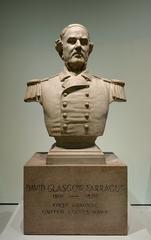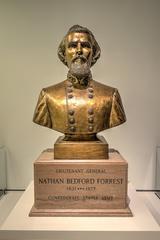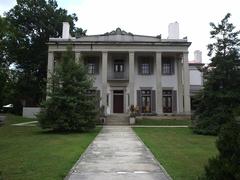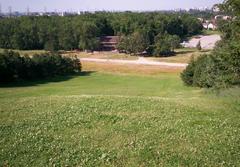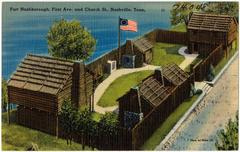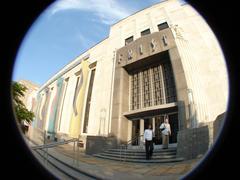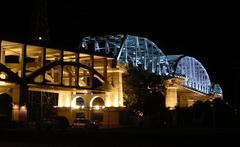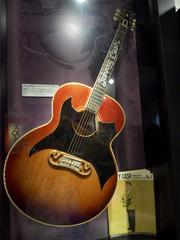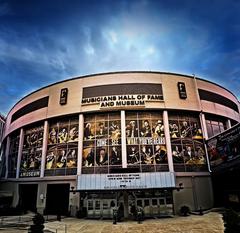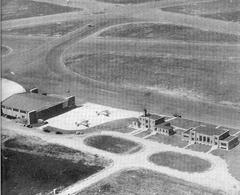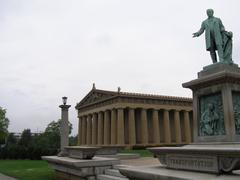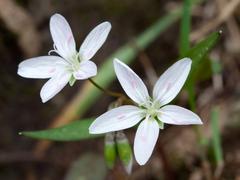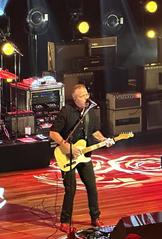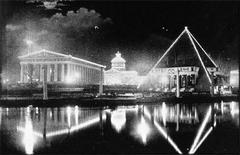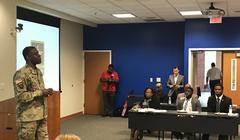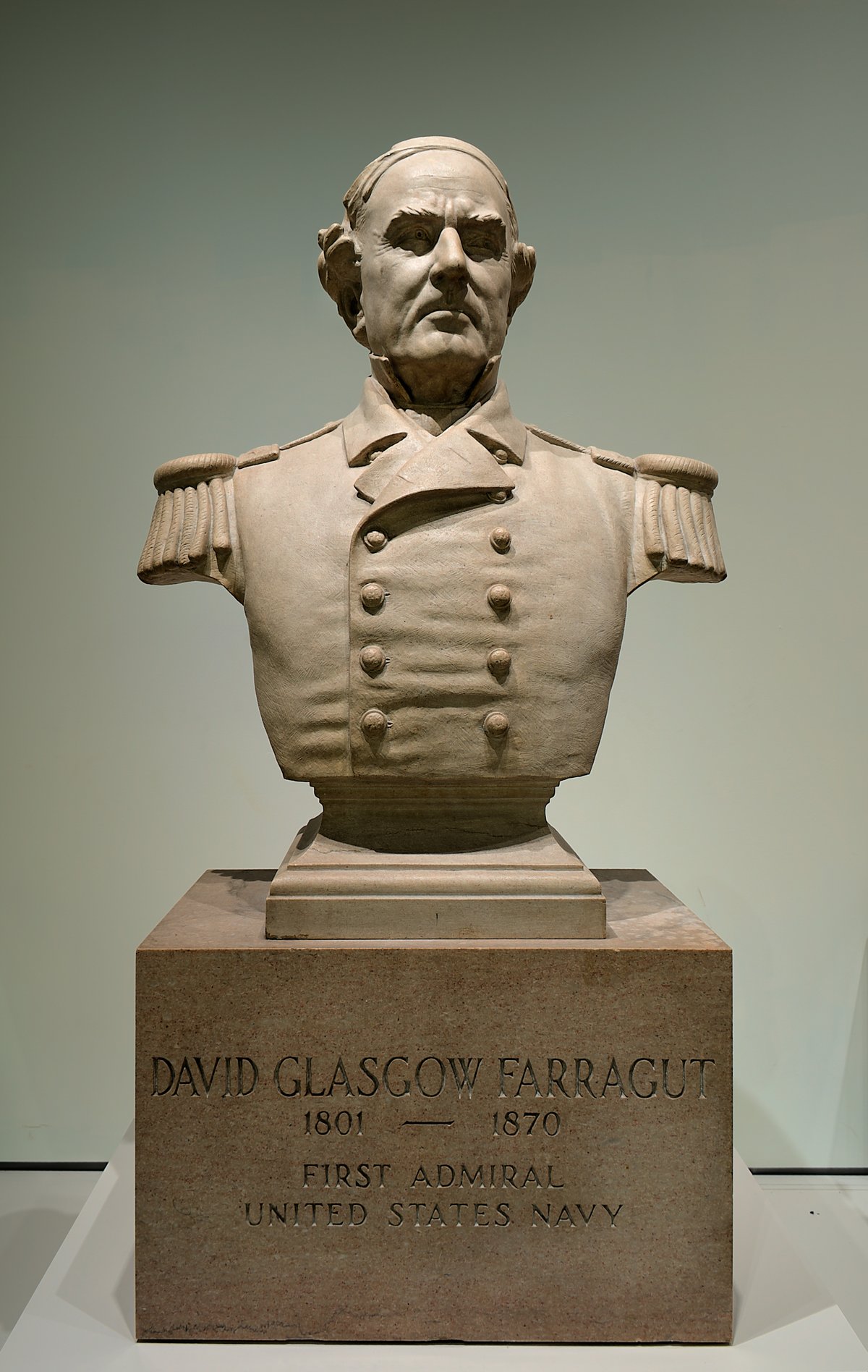
Tennessee State Museum Visiting Hours, Tickets, and Historical Sites in Nashville
Date: 15/06/2025
Introduction
Located in the heart of Nashville, the Tennessee State Museum is a premier institution showcasing over 13,000 years of the state’s rich history and culture. From its early roots as a modest art collection to its current state-of-the-art facility, the museum is a vibrant center for heritage, education, and community engagement. Its expansive galleries, innovative programming, and strategic location adjacent to Bicentennial Capitol Mall State Park make it a must-see for history enthusiasts, families, educators, and travelers visiting Nashville (Tennessee State Museum - About Us; Wikipedia).
Table of Contents
- Introduction
- Historical Overview
- The Museum Today: Architecture and Facilities
- Mission and Governance
- Permanent and Temporary Exhibitions
- Military Museum and Related Sites
- Educational Programs and Community Engagement
- Visiting Hours, Admission, and Accessibility
- Visitor Amenities and Travel Tips
- Frequently Asked Questions (FAQ)
- Conclusion and Call to Action
- References
Historical Overview
Early Origins and Evolution
The Tennessee State Museum’s origins date back to 1817, when portrait artist Ralph E.W. Earl opened a museum in Nashville’s public square. Notably, this early institution included a life-size portrait of General Andrew Jackson, which remains in the collection (Tennessee State Museum - About Us; Wikipedia). Formally established in 1937, the museum initially consolidated World War I memorabilia and various state collections in the War Memorial Building.
Relocation and Expansion
As interest and collections grew, the museum moved to the James K. Polk Center in 1981, allowing for broader exhibitions and educational outreach. Recognizing its increasing significance, a new purpose-built facility opened in 2018, thanks to funding from the Tennessee General Assembly and private donors. The current museum sits prominently at Rosa L. Parks Boulevard and Jefferson Street (Wikipedia; Tennessee State Museum - About Us).
The Museum Today: Architecture and Facilities
Spanning 137,000 square feet, the museum is one of the largest in the United States. Its design, by EOA Architects and HGA, features symbolic elements like a terrazzo star inlay representing the state’s three Grand Divisions, and 95 ceiling lights for each Tennessee county. The architectural style references Tennessee’s vernacular, with limestone and bronze echoing other government buildings. The museum is strategically connected to the Bicentennial Capitol Mall State Park and aligns with the State Capitol (ArchDaily).
Key features include a two-story Grand Hall, immersive “Tennessee Time Tunnel,” interactive children’s gallery, six rotating galleries, and a digital learning center (Visit Music City).
Mission and Governance
The museum’s mission is to collect, preserve, and interpret objects related to Tennessee’s social, political, economic, and cultural history. It is overseen by the Douglas Henry State Museum Commission, ensuring public interests guide operational and educational priorities (Tennessee State Museum - About Us; Wikipedia).
Permanent and Temporary Exhibitions
Permanent Galleries
The museum’s core exhibitions span Tennessee’s history from prehistory to the present, organized across six thematic galleries:
- Natural History: Fossils, minerals, and interactive displays on geological origins.
- First Peoples: Artifacts and accounts from Indigenous cultures.
- Forging a Nation: Frontier life, statehood, and early American history.
- Civil War and Reconstruction: Uniforms, weapons, battle flags, and multimedia presentations exploring Tennessee’s pivotal role.
- Change and Challenge: Industrialization, the Great Depression, and civil rights history.
- Tennessee Transforms: Modern developments, cultural icons, and contemporary issues (Visit Music City; Tennessee State Museum Exhibitions).
The Tennessee Time Tunnel offers a chronological corridor connecting the galleries for a cohesive historical journey.
Temporary and Special Exhibitions
The museum regularly rotates special exhibitions. For 2025, notable highlights include:
- “Photography in Tennessee: Early Studios and the Medium’s First Century” – Over 200 items from 1839–1939, rare photographs, and historic cameras (Visit Music City).
- “Welcome Lafayette, Friend of Liberty” – Commemorates the Marquis de Lafayette’s 1825 visit with artifacts, live interpretation, and lectures (Lafayette 200 Exhibit).
The museum also plays a stewardship role for the Lorraine Motel in Memphis, site of the National Civil Rights Museum (Wikipedia).
Military Museum and Related Sites
Opposite the main museum, the Military Museum in the War Memorial Building showcases Tennessee’s military history from the Spanish–American War through World War II (Wikipedia; Battlefields.org).
Educational Programs and Community Engagement
Education is at the heart of the museum’s mission:
- Guided Tours: For individuals, families, and groups; advance booking recommended (Tennessee State Museum Field Trips).
- Field Trips: Aligned with Tennessee Social Studies Standards (up to 40 students per session).
- Children’s Gallery: Hands-on exhibits, dress-up stations, and family programming (Tennessee State Museum - Plan Your Visit).
- Storytime in the Children’s Gallery: Every Tuesday and Saturday at 10:30 AM, with ASL interpretation on select dates (Calendar of Events).
- Traveling Trunks: Free artifact trunks for teachers statewide (Tennessee State Museum Brings History to Life).
- Homeschool Days: Drop-in living history and crafts for homeschool families (Fox17 News).
- Community Events: Lectures, “Lunch & Learn,” author sessions, and annual conferences.
Digital resources include online exhibitions, virtual tours, a video library, and educator curriculum materials (Tennessee State Museum Online Exhibitions).
Visiting Hours, Admission, and Accessibility
- Admission: Free for all visitors (Tennessee State Museum - Plan Your Visit).
- Hours: Tuesday–Saturday, 10 a.m.–5 p.m.; Sunday, 1 p.m.–5 p.m.; closed Mondays and major holidays.
- Address: 1000 Rosa L. Parks Blvd, Nashville, TN 37208.
- Parking: Free shared lot with the Farmers’ Market (accessible spaces available); additional street parking on 6th and 7th Avenues (Parking Info).
- Public Transit: WeGo routes 22, 29, 42; accessible by bike and foot via the Downtown Greenway.
- Accessibility: Wheelchairs, portable stools, lockers, large-print guides, and service dogs are welcome. Contact staff for language assistance (Visitor Guide).
Visitor Amenities and Travel Tips
- Museum Store: Features Tennessee artisan goods and exhibit-related items (Museum Store).
- Dining: No on-site café, but the adjacent Nashville Farmers’ Market offers diverse food options.
- Outdoor Spaces: Sculpture gardens, promenade, and event lawn; direct access to Bicentennial Capitol Mall’s landmarks (ArchDaily).
- Plan for 2–3 Hours: To fully experience the museum.
- Combine with Nearby Sites: State Capitol, Ryman Auditorium, Germantown restaurants (The Broke Backpacker).
Frequently Asked Questions (FAQ)
Q: Are Tennessee State Museum tickets required for entry?
A: No, admission is free for all visitors.
Q: What are the Tennessee State Museum visiting hours?
A: Tuesday–Saturday, 10 a.m.–5 p.m.; Sunday, 1 p.m.–5 p.m.; closed Mondays.
Q: Is the museum wheelchair accessible?
A: Yes, with free wheelchair loans at the front desk and accessible restrooms.
Q: Are guided tours and field trips available?
A: Yes, for groups and individuals; advance reservation recommended (Tennessee State Museum Field Trips).
Q: Can I take photos inside the museum?
A: Photography is permitted without flash in most galleries; some temporary exhibits may restrict photography.
Q: Where can I park?
A: Free lot shared with the Farmers’ Market and additional street parking nearby.
Q: Are there dining options on-site?
A: No, but the Nashville Farmers’ Market is next door.
Conclusion and Call to Action
The Tennessee State Museum is an essential stop for anyone seeking to understand and experience the depth of Tennessee’s history. Its free admission, robust exhibitions, family-friendly programming, and accessibility make it an outstanding destination among Nashville’s historical sites. Plan your visit through the official website, download the Audiala app for interactive guides, and follow the museum on social media for updates and special events.
Immerse yourself in the story of Tennessee—past and present—at this remarkable institution.
References and Official Links
- Tennessee State Museum - About Us
- Tennessee State Museum - Plan Your Visit
- Tennessee State Museum Field Trips
- Tennessee State Museum Exhibitions
- Wikipedia, Tennessee State Museum
- ArchDaily, The Tennessee State Museum by EOA Architects plus HGA
- Visit Music City, Photography in Tennessee Exhibition Press Release
- Battlefields.org, Tennessee State Museum and State Capitol
- Lafayette 200 Exhibit
- Fox17 News
- The Broke Backpacker
- Tennessee State Museum Brings History to Life
- Tennessee State Museum Online Exhibitions
- Calendar of Events
- Visitor Guide
- Museum Store
- Parking Info
